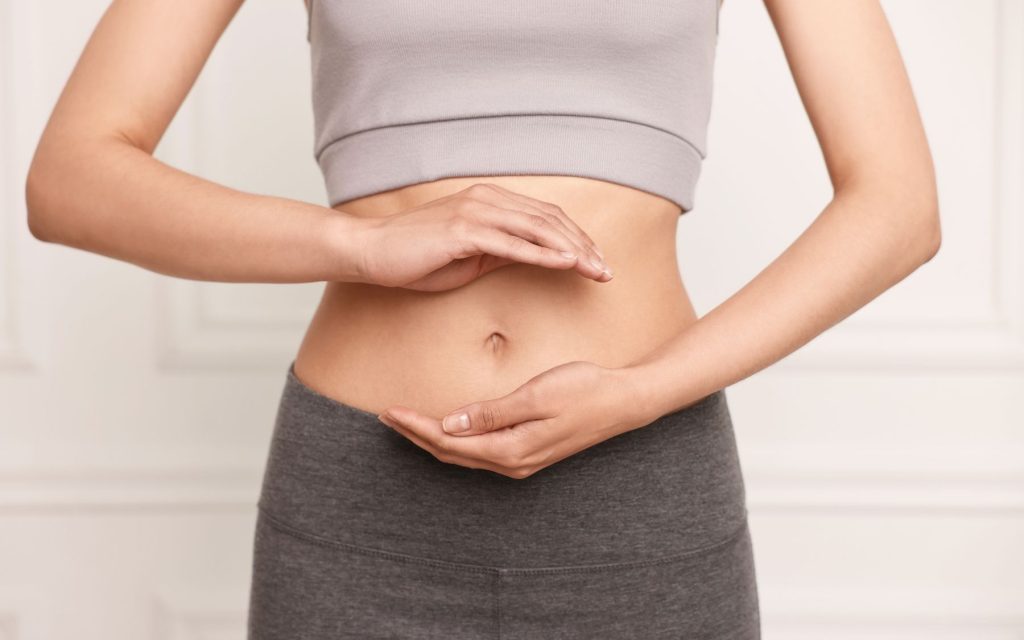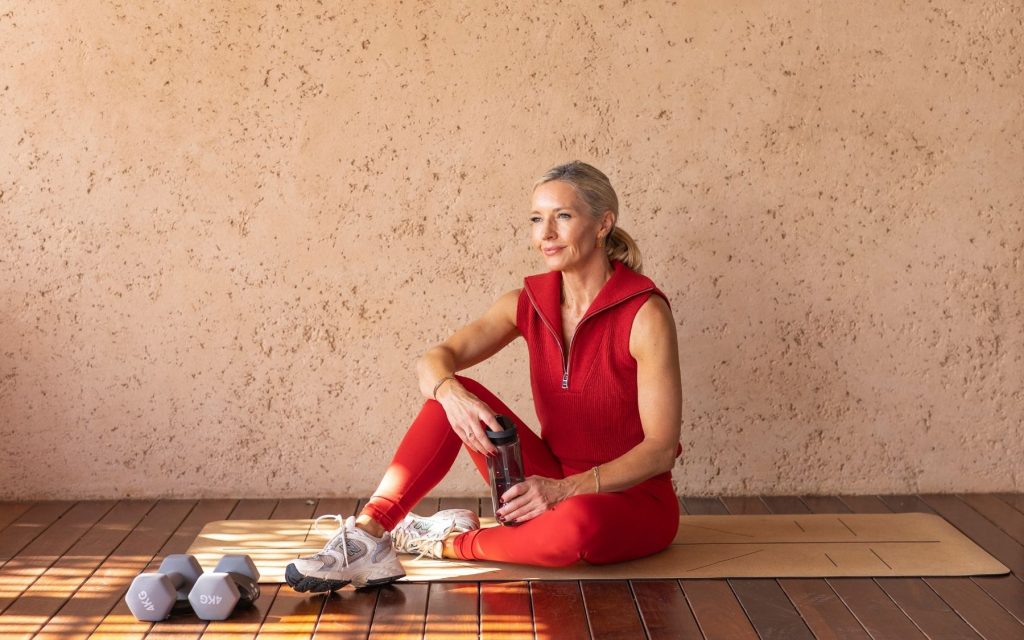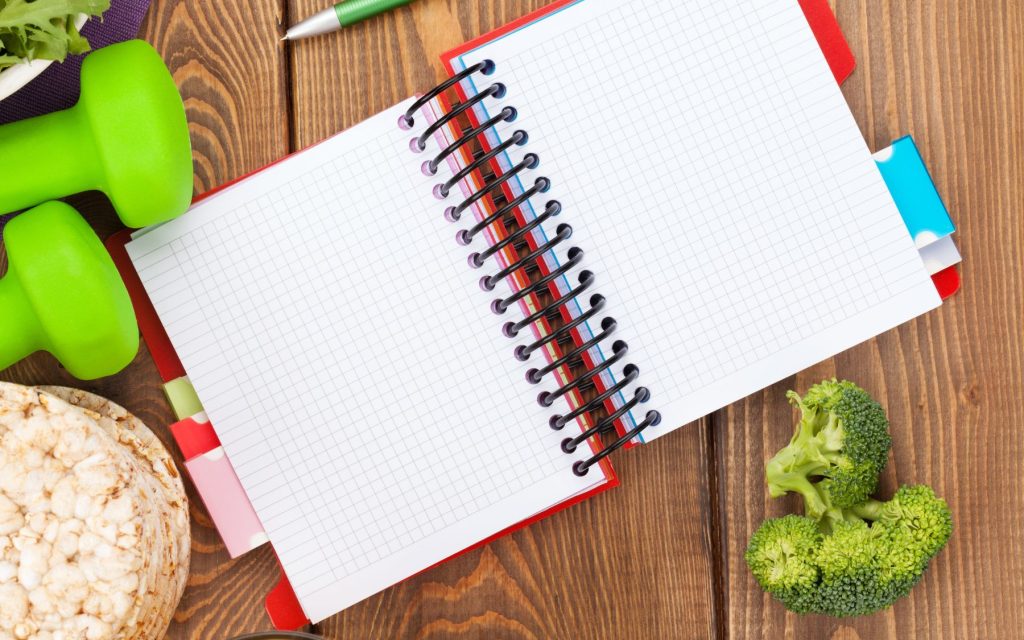
How to eat your way to better sleep
Did you know that what you eat affects your sleep? That’s right, a good night’s sleep starts with your culinary skills! There are certain foods which are known to improve sleep quality and duration, to encourage relaxation and relieve stress. Intrigued to find out more? So was I!
We all know how vital sleep is for our physical health, wellbeing, recovery, immunity and mental health. To remind yourself of the importance of good sleep take a look at my previous blog on why we need sleep here.
So what are these magical foods to boost our sleep quality? First up are cherries! Cherries are a natural source of melatonin. Melatonin is a hormone which is naturally occurring in the body, at night melatonin levels rise (it is secreted in response to darkness) which helps to synchronise and regulate your circadian rhythm. During the daylight hours the levels of melatonin in the body drop which is why you feel more awake during the day. Whilst melatonin isn’t essential for sleep it has been shown that higher levels of melatonin result in greater sleep duration and quality, so try the cherries!
Next up – almonds. Almonds contain magnesium which helps you to relax, fall asleep more quickly and improve sleep quality. Magnesium works by regulating signals in our nervous system. The body transmits signals from the brain, down the spinal cord, along the nerves to various body parts giving messages of action, pain, stress, relaxation – everything that the body does really. These signals require chemical messengers called neurotransmitters. Magnesium acts on these neurotransmitters by blocking some of them which stimulates the body whilst increasing the action of those additional neurotransmitters which have a calming effect. The combined effect of this blocking and upregulating of certain signals results in feelings of calmness and relaxation, thus aiding sleep.
Bananas are rich in potassium and magnesium which both work to relax muscles and have a calming effect on the body. We have already discussed magnesium but let’s now cover potassium. Potassium is vital for muscle recovery and relaxation. It has a vital role in muscle contraction and is lost from the body in both sweat and urine so it is vital to replenish the stores particularly if you have been working out. Low potassium levels are linked to muscle cramps, low energy and poor bone health. Muscle cramps certainly do not go hand in hand with good sleep quality so make sure you are having your bananas (other foods that are rich in potassium are fresh fruits and leafy vegetables such as kale, cavolo nero and broccoli).
Another great one to think about is milk – a true unsung hero. Milk and other dairy products contain tryptophan which is an amino acid that doesn’t get produced by the body so needs to be taken in as part of the diet. Tryptophan is a precursor to melatonin – it promotes the production of serotonin and is converted into melatonin promoting sleep.
Finally, ashwagandha – this has been dubbed the miracle herb and for good reason! It has been shown to regulate mood by increasing the body’s ability to manage stress. Ashwagandha is thought to control mediators of stress such as heat shock proteins, cortisol and other stress markers. As a result of reducing stress levels on the body this herb has been shown to improve sleep quality as the body is in a more relaxed state. Ashwagandha is a root herb so not the easiest to incorporate into your regular diet and meals so I take the Wild Nutrition supplement which you can find here .
It is also important to have a good bedtime routine to help all of these foods work efficiently – less screentime, an evening bath, trying to get to bed at a reasonable time. Other top tips include avoiding caffeine in the afternoon (or at least after 4pm), avoiding late night heavy meals and reducing alcohol intake.
Do let me know what your go to sleep saviours are!
Caroline x



